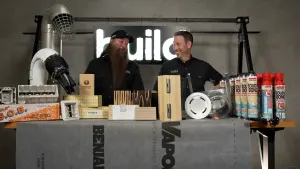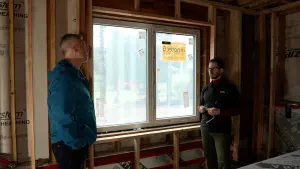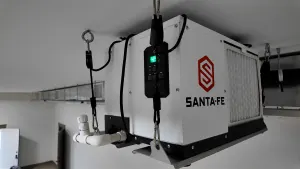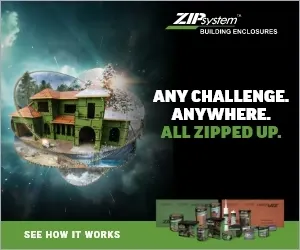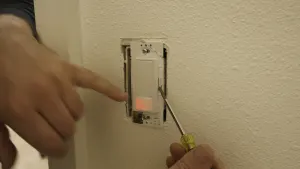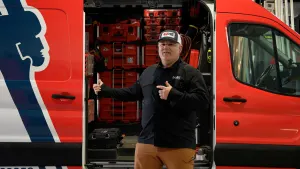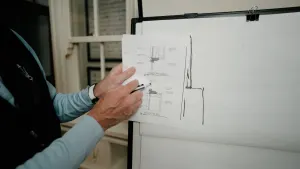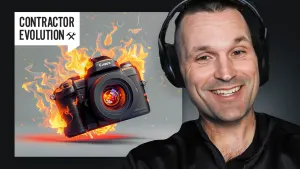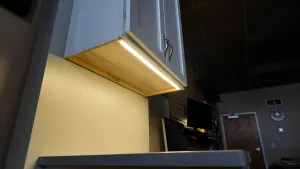What's The Best Water Heater Sold At Lowe's?
When looking at tank water heaters, what are the two best models in electric and gas? In this video, Matt Risinger, mater builder, is talking tank water heaters and which ones are the two best—one electric, one gas—sold at Lowe's. From AO Smith, there's an 80-gallon heat pump electric and 75-gallon gas model. Starting with the electric model, if there's already an electric water heater in the home, the 80-gallon model is the best. Smaller versions in a 66- and a 50-gallon model. With the 80-gallon, that's a lot of water that's ready to go. While a standard water heater has a coil that heats with resistance heating, it's approximately 100% efficient. The 80-gallon heater works more like a refrigerator. At the top is a hat pump, like a refrigerator, that takes heat out of ambient air and dumps it into the tank. It has an energy factor of 3.5 or 3.75, so for every $1 of electricity put in, almost $4 of hot water is available. The energy guide tells us that there are $218 dollars of annual energy cost, less than half of most standard tanks. It also provides a first hour rating of 84 gallons, a lot of water. The only downside of these units is recovery time. With the gas units, they have giant engines. The 75-gallon tank has capacity, but there's 76,000 BTUs of burner capacity. The first hour rating for this unit is 116 gallons, and recovery time is very fast. Gas units also have a uniform energy factor, a measure of efficiency. It has an EF of .69 so almost 70% of each dollar in gas will be made into hot water and 30% lost to inefficiency. Also look at the gallon/hour recovery at ninety degrees of rise, or how many gallons will it be able to recover and produce hot water at a 90-degrees rise in temperature. That's important in the North. In a really cold climate that's the benefit of a gas unit. A great feature of the gas uit is a power vent on the top that eliminates the standard metal flue that needs to run through the house and through the roof because of exhaust gases. Power vented incorporates a fan that blows it rout the side wall. AO makes the same unit in a 40-gallon,50,000 BTU-model. It has the same power vent. The downside is a nylon or plastic drain that would best be made of metal. Tanks should be flushed on an annual basis. Plug in a hose, open the valve, drain out the sentiment and the hot water heater will gain life, efficiency and capacity. Cost considerations. While the heat-pump water heater is $1900, there are great rebates available geographically. The gas 75-gallon unit is less expensive at $1300. When you compare annual cost, it costs less to operate the electric model, which is not what one would expect. mention though that not everybody knows. There are two more things to know about heat pump water heaters. The output—bring hot air from the garage or basement and put the heat into the tank. Be cautious about unit placement in the north. It will cost efficiency in the garage vs. the basement. For the heat pump it's important to have a floor drain. Hot water heaters have come a long way. Check out specs and energy guides to get a feel for what is best in your area.

 Share on facebook
Share on facebook Tweet
Tweet Email
Email Share on Linkedin
Share on Linkedin






